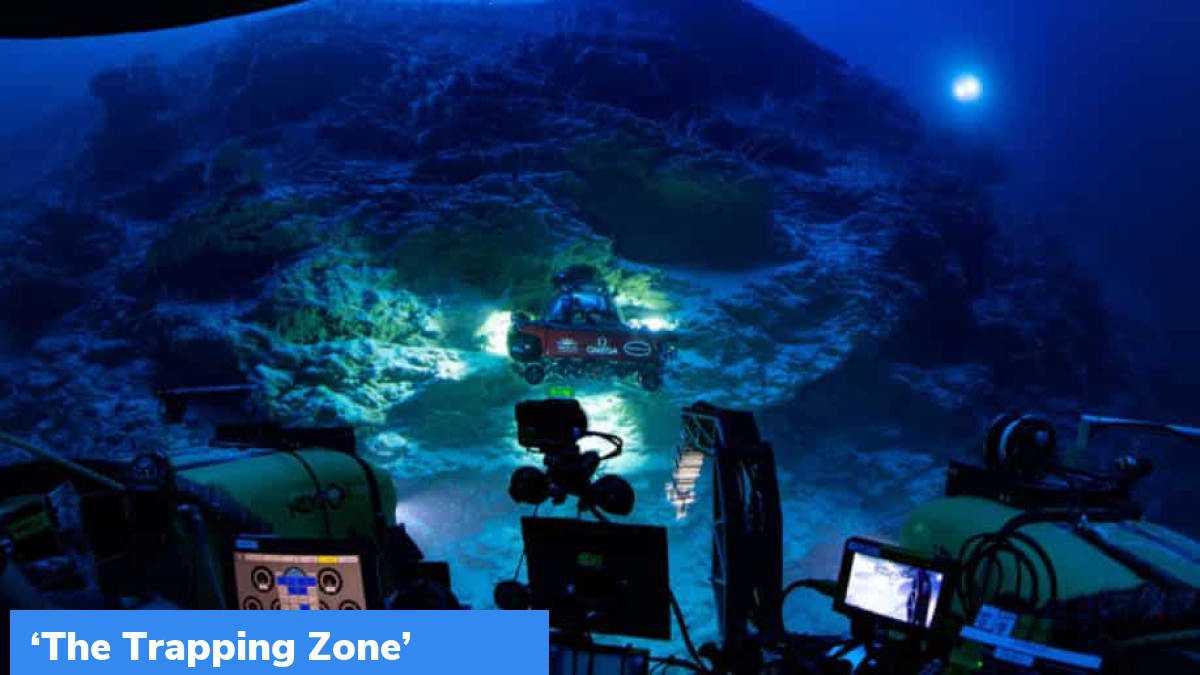Discovery of ‘The Trapping Zone’ in Maldives
Recently, scientists reported the discovery of ‘The Trapping Zone’ in the island nation Maldives, India’s southern neighbour.
Key Facts
- This Trapping Zone is a new ecosystem, discovered some 500 meters beneath the surface, is being referred to as ‘as oasis of oceanic life’.
- It was discovered by scientists under the Nekton Maldives Mission. Nektons are pelagic faunal species (i.e. animals living in the open seas away from the shore) that are capable of swimming independently of wind and water currents. Some examples include bony fishes and sharks (under chordate nekton category), octopuses and squids (under molluscan nekton category) and shrimps and lobsters (under arthropod nekton category).
- The scientists spotted the ecosystem using the camera on the submersible named Omega Seamaster II. Biological samples were also collected for further research.
- The survey revealed the presence of several mega-faunal predators like sharks and other large marine fishes that feed on micro-nekton. According to the scientists, these organisms are trapped at the 500 m mark, against the subsea landscape.
- These micro-nektons usually exhibit ‘vertical migration’ i.e. migration from the deep waters to the surface at night and vice versa at dawn. However, they are prevented from diving deeper by the subsea features like the cliffs, terraces, volcanic structures and fossilized carbonate reefs, forming the base of the atolls. Hence, the ecosystem presents a rich source of food for the larger predators like tuna, alfonsino, spiky oreo and sharks.
- Notably, this is the first instance of such a high diversity of shark species being spotted in the deep sea around Maldives. Some of the species include tiger shark, sand tiger shark, gulper shark, six gill shark, silky shark, scalloped hammerhead shark and even the rare bramble shark.
- This discovery is significant given the critical knowledge of sub-surface biodiversity would further support conservation efforts and encourage sustainable ocean management. It would also boost the country’s fisheries and tourism sectors.
- Also the discovery has unveiled the possibility of such distinct new ecosystems existing on the continental slopes and oceanic islands elsewhere.
Month: Current Affairs - October, 2022
Category: Environment Current Affairs • International / World Current Affairs


